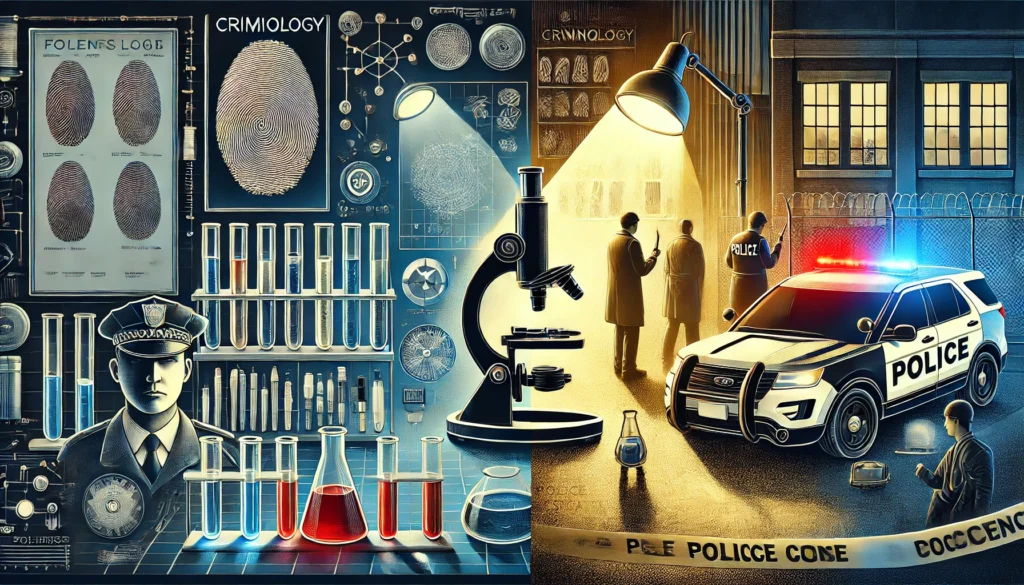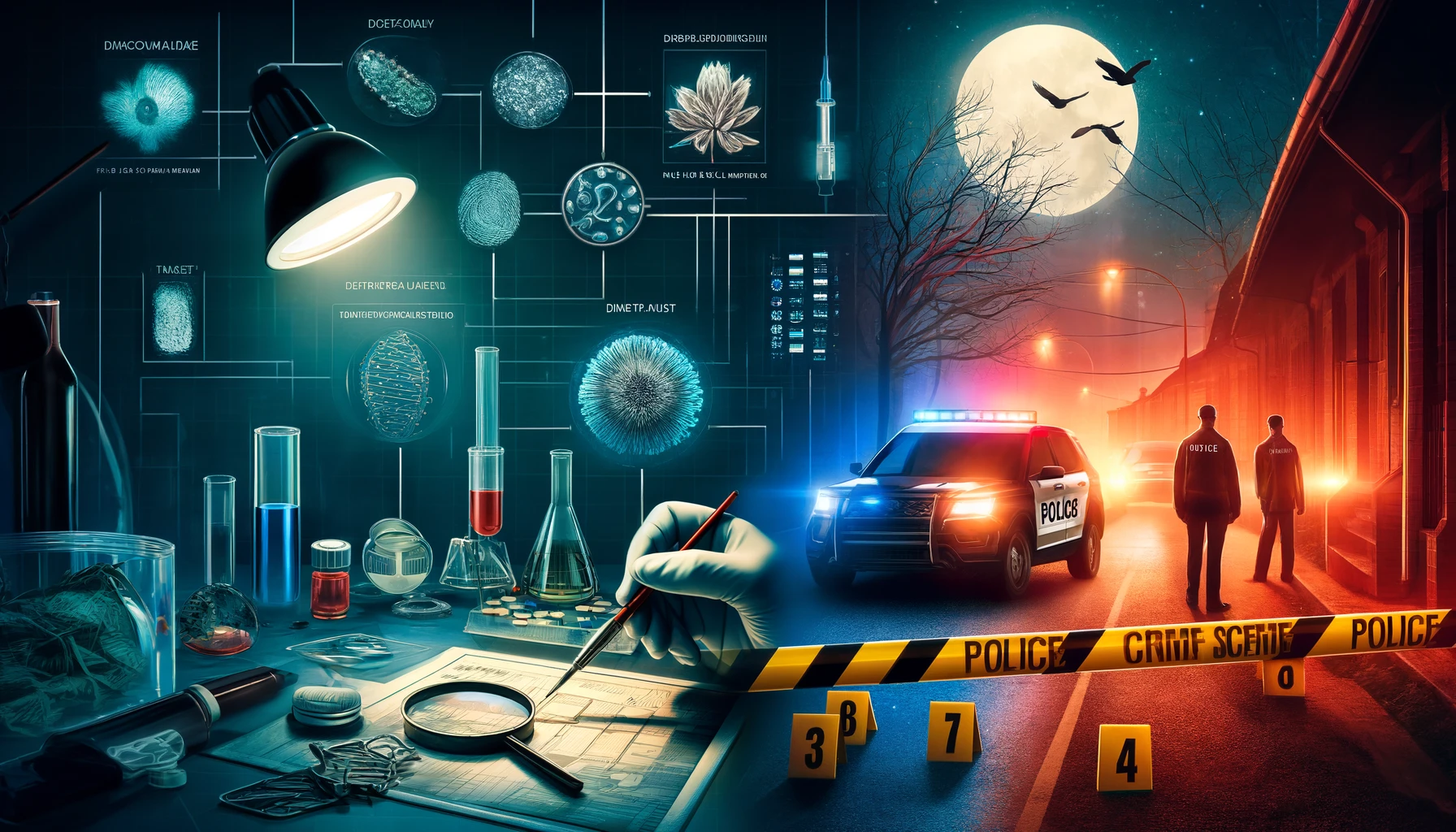Introduction to Criminology and Police Investigation
Criminology and police investigation are two intertwined disciplines that play a vital role in understanding, preventing, and solving crimes. Criminology delves into the psychological, sociological, and biological aspects of criminal behavior, while police investigations focus on practical methods for gathering evidence and enforcing the law. Together, these fields form the backbone of modern law enforcement, ensuring justice and maintaining societal order.
The Importance of Criminology in Police Investigations
The application of criminology in police work enhances the effectiveness of criminal investigations. By understanding the underlying causes of crime, law enforcement can:
- Identify patterns of criminal behavior.
- Predict potential criminal activities.
- Develop strategies to deter crime.
Criminology provides insights into the motivations and triggers behind criminal acts. This knowledge helps investigators approach cases with a deeper understanding, enabling them to connect evidence to probable suspects more effectively.
Profiling Criminal Behavior
One of the primary contributions of criminology to police investigations is criminal profiling. By analyzing crime scenes, patterns, and behaviors, criminologists can:
- Create psychological profiles of offenders.
- Narrow down suspect lists.
- Provide law enforcement with critical leads.
For example, profiling has been instrumental in solving serial crimes where patterns and behaviors reveal the offender’s identity or location.
Tools and Techniques in Criminal Investigations
Modern police investigations rely heavily on technology and advanced tools to solve crimes. Incorporating criminological theories into these methods amplifies their efficacy. Key tools and techniques include:
Forensic Science
Forensic science bridges the gap between criminology and police investigations by providing scientific methods for analyzing evidence. This includes:
- DNA analysis for identifying suspects.
- Fingerprint matching to connect individuals to crime scenes.
- Ballistic studies to trace weapons used in crimes.
Digital Crime Analysis
In the digital age, cybercrime has become a significant focus for law enforcement. Techniques such as:
- Analyzing digital footprints.
- Tracking online activities.
- Using AI-driven tools to identify patterns in cybercrimes.
Digital crime analysis integrates criminological theories of deviance and adaptation to new technologies, helping police stay ahead of tech-savvy criminals.
Behavioral Analysis
Behavioral analysis involves studying the actions and decisions of criminals to predict future behaviors. This method is particularly useful in:
- Hostage negotiation situations.
- Counterterrorism efforts.
- Detecting deceit during interrogations.

Psychological and Sociological Aspects of Criminal Behavior
Criminology examines both psychological and sociological factors that influence criminal behavior. Police investigators use these insights to:
Understand Criminal Psychology
By studying the mental health and cognitive patterns of offenders, investigators can:
- Assess risk factors for reoffending.
- Develop rehabilitation programs.
- Improve interrogation techniques to elicit truthful confessions.
Address Sociological Influences
Criminology highlights the impact of societal factors such as poverty, education, and peer influence on criminal behavior. Law enforcement agencies can use this information to:
- Implement community policing strategies.
- Focus on crime prevention in high-risk areas.
- Develop partnerships with social services to address root causes of crime.
Collaboration Between Criminologists and Police
Effective collaboration between criminologists and law enforcement enhances the quality of investigations. Criminologists provide research-based insights, while police officers bring practical experience. Together, they:
Conduct Joint Investigations
In complex cases such as serial killings or organized crime, criminologists can:
- Offer theoretical perspectives.
- Assist in identifying behavioral patterns.
- Help interpret ambiguous evidence.
Develop Training Programs
Training police officers in criminological concepts improves their investigative skills. Topics such as:
- Criminal behavior analysis.
- Victimology.
- Cultural sensitivity in policing.
Such training ensures that officers are well-equipped to handle diverse challenges in the field.
Conclusion and Recommendations
The integration of criminology and police investigation has revolutionized modern law enforcement. By combining theoretical knowledge with practical application, law enforcement agencies can address crime more effectively. Future advancements in technology and research will further enhance this synergy, making communities safer and justice more accessible.
Through continued innovation and cooperation, criminology and police investigation will remain essential pillars in the fight against crime.

